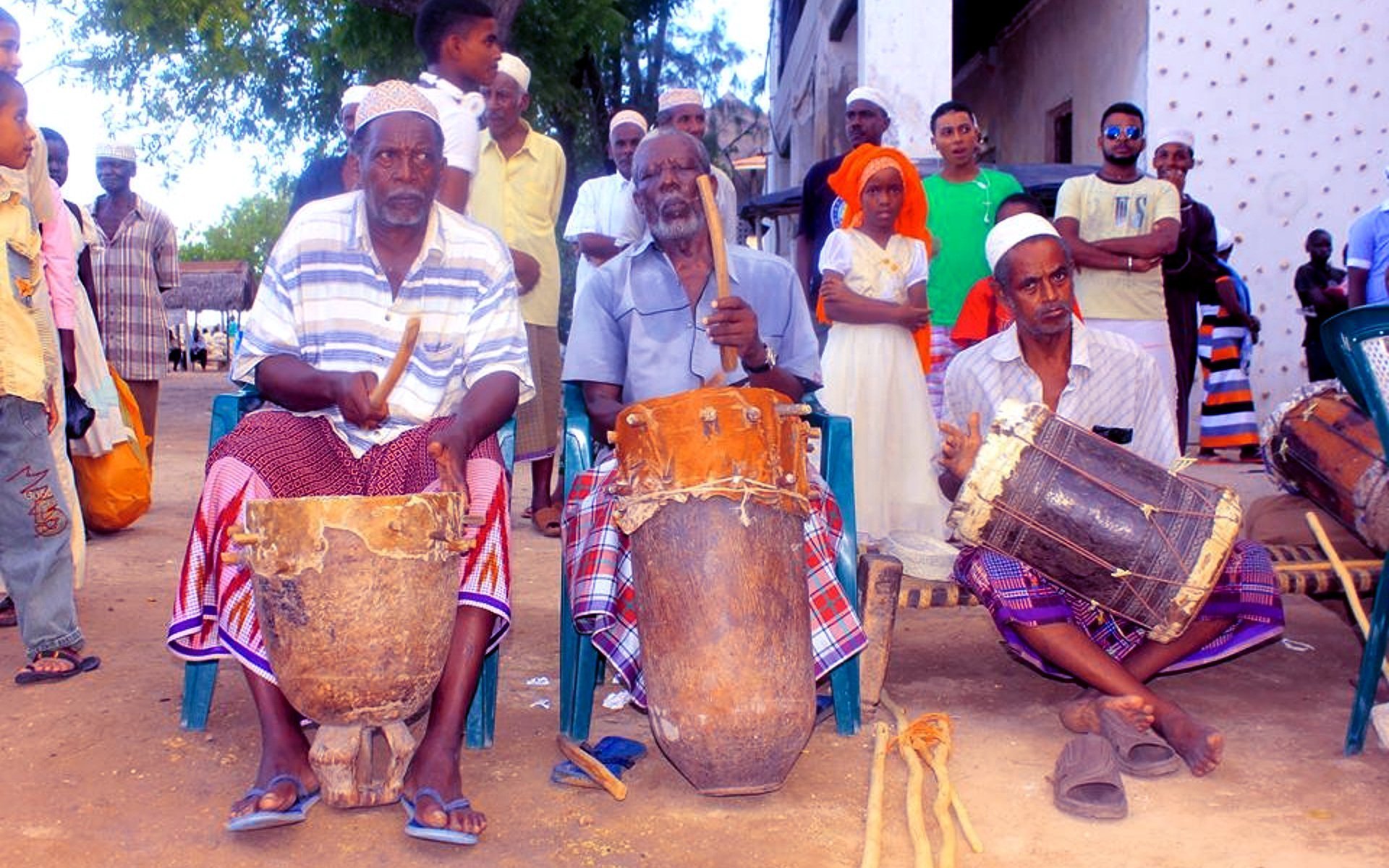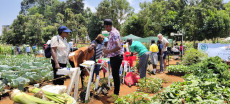- The Bajun trace their ancestry to Arabs, Persians, and Somalis, with some also having Malay and Indonesian roots. From the 16th century to the 1960s, the Bajuni communities extended from Mogadishu to the Tana River in the south.
In a world where cultures often clash and traditions fade, the Bajun community stands as a vibrant testament to resilience and identity. Nestled along the coast of Lamu, Kenya, this Bantu group beautifully intertwines maritime heritage and Islamic traditions with a rich dialect, Kibajuni.
They are believed to have migrated from Shungwaya due to conflicts with Cushitic communities.
What sets the Bajun apart is their unique blend of maritime culture, Islamic traditions, and a distinct Bantu Swahili dialect known as ‘Kibajuni’. Their livelihoods are heavily reliant on the sea, especially for those from rural areas within Lamu County. Predominantly Islamic, their behaviors are influenced by Islamic laws and Sharia.
The Bajun trace their ancestry to Arabs, Persians, and Somalis, with some also having Malay and Indonesian roots. From the 16th century to the 1960s, the Bajuni communities extended from Mogadishu to the Tana River in the south.
A Bajun wedding involves multiple stages, but we will focus on a few key ones.
Read More
The first stage is known as ‘posa,’ a pre-wedding event where the groom and his family visit the bride’s family to ask for her hand in marriage. This is where the bride price is discussed, and the couple has the opportunity to meet and get to know each other. If the bride declines, the proposal is respectfully withdrawn without any coercion.
The second stage is the ‘Nikkah,’ the most crucial part of a Bajun/Islamic wedding. Without it, the marriage is considered invalid. During the Nikkah, the wedding vows are exchanged, and the marriage contract is signed.
For validity, there must be two adult Muslim witnesses (two males or one male and two females), and both the bride and groom must give mutual consent, with a Wali (legal guardian) present, typically the bride’s father. This ceremony parallels Christian vows but takes place in a mosque, often conducted in Arabic.
During the Nikkah, the bride wears a beautiful green gown adorned with gold ornaments, complemented by exquisite makeup, while the groom dons a traditional thobe and turban, symbolizing his role as protector and provider.
Bajun weddings involve events specific to each side. For instance, the Nikkah is a groom-side event, while the bride’s side hosts events like ‘Kupamba’ (reception) and ‘Kombe,’ where the bride’s family brings food to the groom’s family for a communal feast. Additional events, such as the kitchen party, may also occur but are optional.
Like many communities, the Bajun face challenges, including language decline, displacement, the influence of modern lifestyles and social media, and a waning interest in traditions among the youth, which could lead to cultural extinction if not addressed.
It is essential to preserve our cultures and educate students about the importance of respecting and embracing diverse traditions. As times change, remembering our roots and keeping our traditions alive for future generations is vital.












